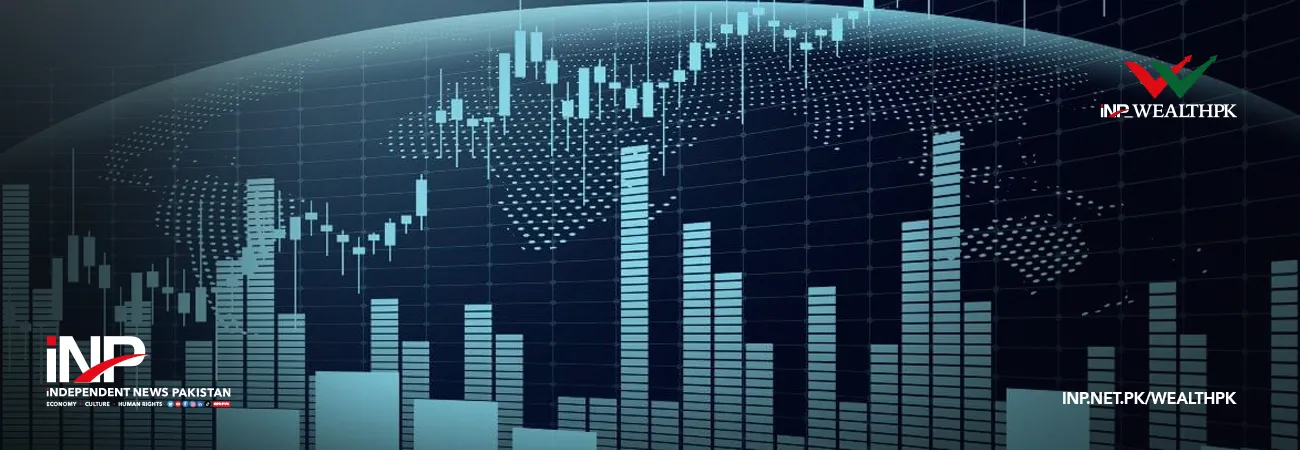INP-WealthPk
Amir Khan
The private sector's contribution to economic growth remains significantly stunted. A key factor behind this limited involvement is the banks' reluctance to provide loans for business expansion, which is overshadowing Pakistan's economic path. The private sector borrowing has plummeted by 36.95 percent to a mere Rs191.5 billion in the initial nine months of FY24 – a sharp decline from Rs299 billion in the corresponding period last year, coinciding with negative GDP growth. Talking to WealthPK, Mujeeb Zahur, Managing Director of S&P Global Private Limited, highlighted that the significant cause of this downturn was the sharp increase in both interest and inflation rates, surpassing 27 percent. He explained the adverse impact of escalating utility prices on businesses, questioning the viability of any meaningful private sector's contribution to economic growth under such conditions. The banking institutions, meanwhile, have witnessed a surge in profits, largely attributable to investments in risk-free government securities.
With no regulatory obligation mandating lending to the private sector, the banks have gravitated towards low-risk avenues, exacerbating the dearth of credit available to businesses. Talking to WealthPK, Dr. Rafiullah Kakar, a Member Development Project Committee at the Ministry of Planning, Development, and Special Initiatives, said the exorbitant cost of conducting business and heightened default risks associated with interest rates constrain the private sector's borrowing. He further said, "Moreover, the collapse of the real estate sector, coupled with the construction industry operating at a fraction of its capacity, further exacerbates economic challenges." "Government borrowing has surged to Rs4.8 trillion in the initial nine months of FY24, compelling significant reductions in the Public Sector Development Programme budget to maintain fiscal targets. This heightened government borrowing has further squeezed out opportunities for the private sector investment," he pointed out.
Adding to the uncertainty is the prevailing political instability, with concerns particularly pronounced in cities like Karachi, where law and order issues persist. The business sentiments are further dampened by the security concerns, prompting some entrepreneurs to relocate their families and businesses abroad. The Asian Development Bank (ADB), in its latest report, offers a glimmer of hope amidst the gloom, forecasting Pakistan's economy to expand by 1.9 percent in FY24. This optimism is attributed to a projected rebound in private sector investments, driven by advancements in reform measures. The ADB's forecast stands in stark contrast to the preceding fiscal year, which witnessed a contraction of 0.2 percent. In the face of mounting challenges, the private sector grapples with an uncertain future, with prevailing economic conditions undermining its ability to contribute meaningfully to Pakistan's economic resurgence.
Credit: INP-WealthPk













